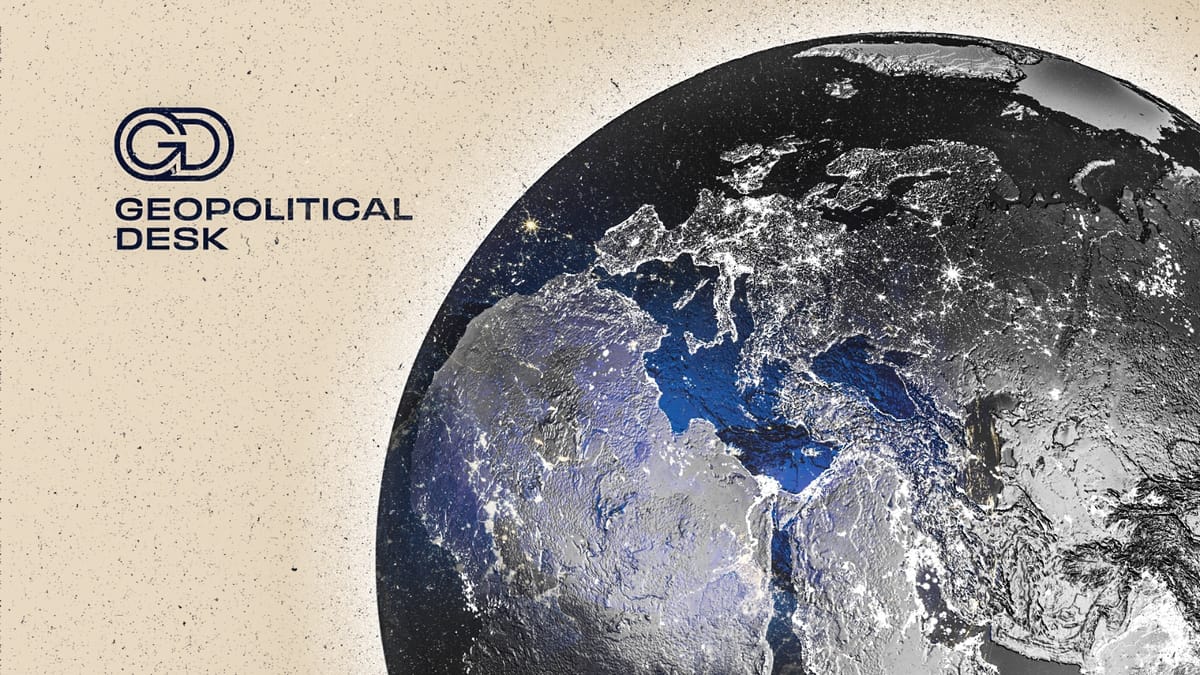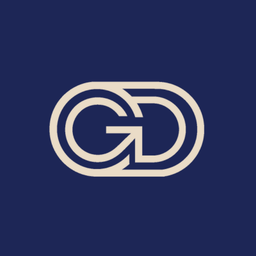We are former journalists, analysts and consultants who have been working in this field for over a decade. Our work is designed for real-world decision-makers who need clarity, context and credible insight in complex environments.
All our reporting is built on first-hand access and human intelligence, for an audience of intelligent humans. If you like what you see, please subscribe to our free newsletter to support our work.
How we work
We operate across the entire information ecosystem: from private political risk analysis and policy briefings to public-facing reporting and social media content.
Our work travels from ministerial offices and boardrooms to journalists, analysts and global audiences, allowing insight to shape both decision-making and public discourse.
GPD sits at the intersection of policy analysis, investigative reporting and geopolitical intelligence. We are designed to move faster than traditional think tanks, with more depth than mainstream media, and with greater credibility than state-backed or advocacy-driven outlets.
Our audience reflects that positioning.
In less than a year, GPD has built a high-value global readership that includes government officials, diplomats, journalists, analysts and corporate decision-makers across North America, Europe, the Middle East and Africa. This network was built organically through accuracy, access and relevance.
What makes GPD different is that we are not just a publisher. Our information infrastructure combines:
- The research depth of a policy institute or think tank
- The speed and reach of modern digital media
- The discretion and confidentiality of a trusted business intelligence network
This allows ideas, analysis and framing to move seamlessly between the people that actually live in the regions we report about and the actors that shape outcomes on the ground.
Our coverage focuses on the regions where global risk and opportunity now converge — the United States and Europe, North Africa, the Levant, Iran and the Gulf — tracking power, energy, security, economics and information warfare as parts of a single system.
At a time when traditional institutions are losing their grip on credibility and agenda-setting, GPD exists to fill the gap: a professional, independent platform that produces serious geopolitical insight that is not desk-bound, agenda-driven or written for click-bait.
What we do
We publish analysis built on primary research, source interviews, local networks and multilingual source monitoring.
Our geographical focus includes the United States and Europe, North Africa, the Levant, Iran and the Gulf, as well as select frontier markets where global operators have real exposure.
We are not trying to be everywhere. We cover fewer places, with more depth, and only where we have meaningful access on the ground.
We currently offer:
- A free plan that provides access to a selection of website articles, as well as a weekly newsletter that breaks down the biggest stories in geopolitics each week in 5 minutes or less.
- Paid subscriptions offering access to deep-dive articles, expert analysis and business intelligence on select countries.
- Cross-cutting thematic insights on specific sectors including Oil & Gas, Banking & Finance and more.
- Advanced resources that provide deeper insights and confidential analysis that is not published elsewhere.
Who it’s for
Our reporting is designed for readers who don’t have time to sift through the cacophony of sources or read recyled analysis. Our subscribers include:
- Diplomats and foreign policy teams
- Energy companies and commodity traders
- Development actors and humanitarian planners
- Security and risk management professionals
- Independent researchers and consultants
- Universities and media organisations
If you’re trying to understand or operate in complex environments and frontier markets we exist to support you.
Methodology
Our editorial process prioritises verification, fieldwork and local insight.
Each piece we publish combines the following methods:
- Primary research: key informant interviews, focus group discussions, local network triangulation and targeted field collection
- Desk research: multilingual media analysis, verified open-source material, internal datasets and document reviews
- Internal databases: built from 7+ years of work in high-risk environments across MENA
- Editorial review: senior analysts and editors with experience at the UN, BBC, EU institutions and major risk consultancies
You can read more about our methodology and approach by following the link below:

Who’s behind it
GPD is led by Oliver Crowley, alongside a wider network of analysts, field researchers and regional contributors.
Oliver previously co-founded Libya Desk, where he helped grow the business into one of the most trusted sources of political risk and energy analysis in the country.
Since then, he has led complex research and risk advisory projects in the Middle East and North Africa, advising companies, embassies, and international organizations.
Oliver’s background is in political economy, public affairs and strategic communications. He has lived and worked across North Africa and the Middle East.
Our team works across multiple time zones, convening several times a week to review developments, stress-test analysis and align regional reporting.
Each desk is supported by local specialists who bring hyperlocal knowledge and linguistic fluency to ensure our output is accurate, timely and grounded.
How we’re funded
GPD is reader-supported. Our only incentive is to produce work that readers value enough to pay for.
We generate revenue through:
- Paid individual subscriptions
- Enterprise and institutional subscriptions
- Bespoke briefings and analysis
- Selected advertising partnerships
This hybrid model keeps GPD financially sustainable while protecting the neutrality and integrity of our coverage.
Follow our work
We publish new articles weekly, in addition to working on original content for Instagram and our weekly newsletter.
📬 Subscribe to our free newsletter
🐦 Follow us on X (Twitter)
💼 Follow us on LinkedIn
📸 Follow us on Instagram
If you like what we’re building, share it with someone in your network who works in this space.
If you have further questions about how we work, or if you're interested in a partnership, enterprise plan or custom research, please contact us at insights[at]thegeopoliticaldesk[dot]com.
Thanks for reading. We hope you stay with us as we continue our growth.



